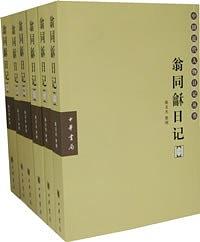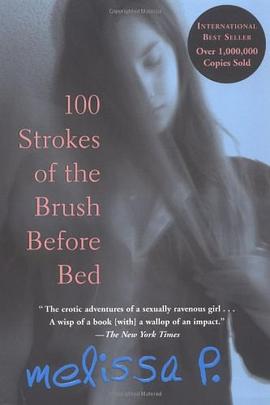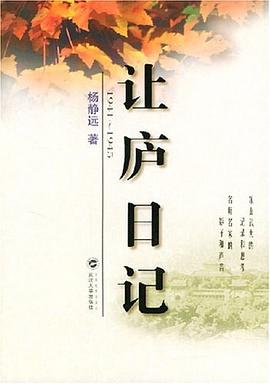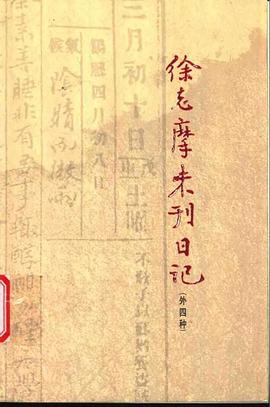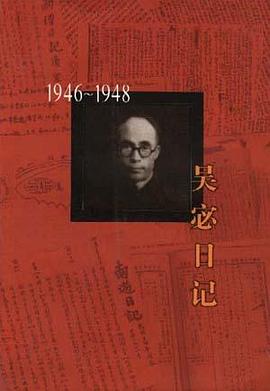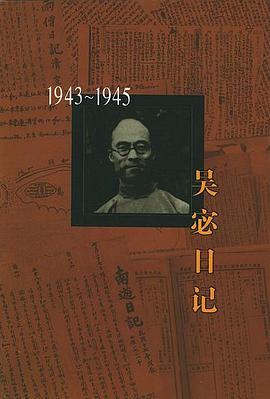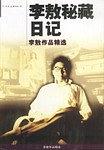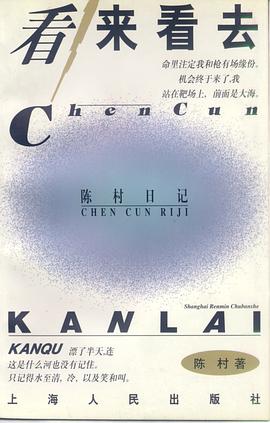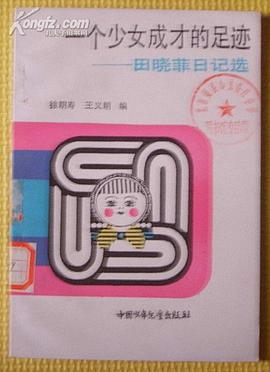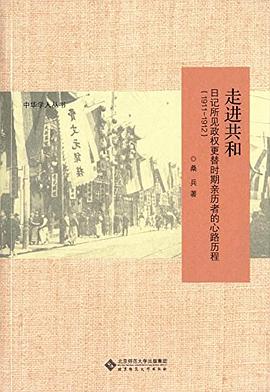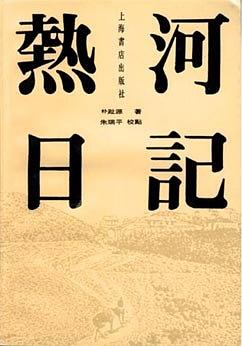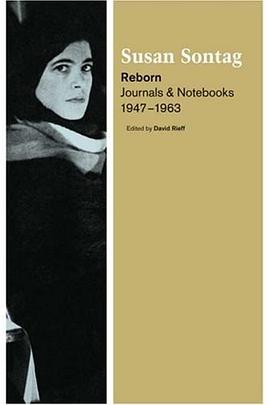

具體描述
"I intend to do everything...to have one way of evaluating experience—does it cause me pleasure or pain, and I shall be very cautious about rejecting the painful—I shall anticipate pleasure everywhere and find it too, for it is everywhere! I shall involve myself wholly...everything matters!"
So wrote Susan Sontag in May 1949 at the age of sixteen. This, the first of three volumes of her journals and notebooks, presents a constantly and utterly surprising record of a great mind in incubation. It begins with journal entries and early attempts at fiction from her years as a university and graduate student, and ends in 1964, when she was becoming a participant in and observer of the artistic and intellectual life of New York City.
Reborn is a kaleidoscopic self-portrait of one of America’s greatest writers and intellectuals, teeming with Sontag’s voracious curiosity and appetite for life. We watch the young Sontag’s complex self-awareness, share in her encounters with the writers who informed her thinking, and engage with the profound challenge of writing itself—all filtered through the inimitable detail of everyday circumstance.
Editorial Reviews
From Publishers Weekly
Starred Review. The first of three planned volumes of Sontag's private journals, this book is extraordinary for all the reasons we would expect from Sontags writing—extreme seriousness, stunning authority, intolerance toward mediocrity; Sontags vulnerability throughout will also utterly surprise the late critic and novelists fans and detractors. At 15, when these journals began, Sontag (1933–2004) already displayed her ferocious intellect and hunger for experience and culture, though what is most remarkable here is watching Sontag grow into one of the century's leading minds. In these carefully selected excerpts (many passages are only a few lines), Sontag details her developing thoughts, her voluminous reading and daily movie-going, her life as a teenage college student at Berkeley discovering her sexuality (bisexuality as the expression of fullness of an individual), and meeting and marrying her professor Philip Rieff, with whom, at the age of 18, she had David, her only child. Most powerful are the entries corresponding to her years in England and Europe, when, apart from Philip and their son, the marriage broke down and Sontag entered intense lesbian relationships that would compel her to rethink her notions of sex, love (physical beauty is enormously, almost morbidly, important to me) and daughter- and motherhood, and all before the age of 30. Watching Sontag become herself is nothing short of cathartic. (Dec.)
Copyright © Reed Business Information, a division of Reed Elsevier Inc. All rights reserved.
From Booklist
Rieff sensitively portrayed revered critic and novelist Sontag during her last days in Swimming in a Sea of Death (2008) and now continues to navigate the great sea of her legacy as editor of her journals. He didn’t want to open his mother’s private life to public eyes, but because her papers are available to scholars, he does so preemptively, granting readers access to the innermost thoughts of a genuine prodigy. In 1948, at age 15, Sontag asks, “And what is it to be young in years and suddenly awakened to the anguish, the urgency of life?” After starting college at 16, she fills her journals with passionate analysis of books, her intellectual ambitions, her struggle to accept her homosexuality, and the ecstasy and torment of her first lesbian relationship. Then, suddenly, this ardent seeker becomes a wife and mother. She loves her son, but marriage does not suit her, and her battle to reclaim her true self is one of several dramatic rebirths punctuating this electrifying record of Sontag striving to become Sontag. Two more volumes are planned. --Donna Seaman
Review
“What ultimately matters about Sontag . . . is what she has defended: the life of the mind, and the necessity for reading and writing as ‘a way of being fully human.’” —Hilary Mantel, Los Angeles Times Book Review
著者簡介
Susan Sontag immediately became a major figure of our culture with the publication in 1966 of the pathbreaking collection of essays Against Interpretation. She went on to write four novels, a collection of stories, several plays, and seven works of nonfiction, among them On Photography (1977) and Illness as Metaphor (1978). Her many international honors included the Jerusalem Prize (2000) and the Friedenspreis (Peace Prize) of the German Book Trade (2003). She died in New York City on December 28, 2004.
圖書目錄
讀後感
1963年苏珊·桑塔格的小说处女作《恩主》问世,那一年,她刚好三十岁。与日后作为公共知识分子给人们的强大、彪悍、入世、咄咄逼人的形象不同,如果凭小说来推测其作者,苏珊·桑塔格应该是一个极端敏感、内省、甚至有些自闭的人。 苏珊·桑塔格这样评价自己的小说:“《恩主...
評分苏珊·桑塔格的日记,最早一篇记录于1947年11月23日,其时桑塔格十四岁,日记中提到一句话说,她相信“人与人之间唯一的区别在于智力”。桑塔格的日记由她的儿子戴维·里夫编选三卷出版,我们现在看到的是第一卷《重生》。不知道有意还是无意,这一卷的最后一篇记录于1963年的...
評分她——苏珊·桑塔格十分与众不同,在那样的一个不懂她的年代,她叛逆以及堕落,但殊不知这是世人不能接受之她的天性——同性恋。 她通过日记的形式记录下生活的点滴,并深度自我剖析与自我反省,给自己勇气,也给后人勇气,了解自己,善待自己,勇敢面对生活的...
評分1957年12月底,苏珊•桑塔格在日记中这样写道:“日记是用来表现我个性的工具。它代表我是一个在情感和精神上都是独立自主的人。因此(唉),它根本不是单纯记录我的每天的真实生活,而是——有许多则日记正是如此——提供了与我实际生活不同的其他可能性。”其时桑塔格24岁...
評分试图记下她提到的书和列出的书单,发现我不知道的太多了。卡夫卡、托马斯曼,其余的一概不知。我刚读完《魔山》,觉得好极了,而她十五岁已经反复阅读并且亲自拜访过曼。她说纪德的《日记》有产前阵痛般的共鸣,也许接下来会读。 就像雄心勃勃的阅读一样,她不断的向自己和身...
用戶評價
“To write is to exist, to be one's self.”(De Gourmont)
评分it helps my understanding of myself as well
评分本來看的原版 之後發現日記大多數還是碎碎念的本質轉戰中文版kindle大緻瀏覽瞭一遍 不費神看原版瞭 神經質少女腦洞記錄本 少年時期開始的驚人的閱讀量和速度 長大之後很多關於哲學的思考 感情上一直像個孩子
评分日記體的自戀和自我修正.....桑塔格語言的準確性
评分What else may I read to understand the days.
相關圖書
本站所有內容均為互聯網搜索引擎提供的公開搜索信息,本站不存儲任何數據與內容,任何內容與數據均與本站無關,如有需要請聯繫相關搜索引擎包括但不限於百度,google,bing,sogou 等
© 2025 book.quotespace.org All Rights Reserved. 小美書屋 版权所有

